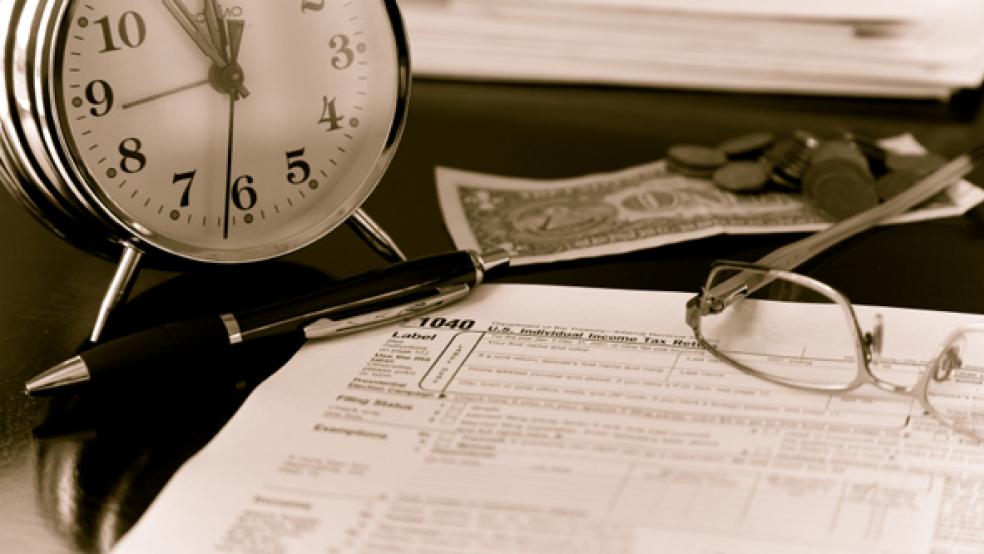Imagine your phone rings at 11 at night and a voice on the other end says he’s calling on behalf of the IRS and demands that you pay thousands of dollars in back taxes and penalties or incur the wrath of a collection agency.
That could become commonplace if Sen. Chuck Schumer (D-NY) has his way. He is asking Congress to approve a measure that would require the Internal Revenue Service to hand over millions of unpaid tax bills to an army of private bill collectors, The Washington Post reported on Friday.
The senior Democratic leader quietly inserted his proposal in a much larger bill designed to extend dozens of popular tax breaks during a session of the Finance Committee last month.
Related: IRS Does It Again - Wastes Another $13 Billion
Schumer’s plan would instruct the IRS to assign all so-called inactive tax receivables to private debt collectors if the IRS cannot locate the person who owes the money or if IRS agents fail to make contact with the person within a year. Some people would be exempt from this more aggressive approach, including innocent spouses and military members deployed to combat zones.
But for most other tax scofflaws, they could well have a private tax collector pounding at their door.
At first blush, the idea sounds great: Some tax analysts project the new program would rake in an estimated $4.8 billion over the coming ten years, of which half would be dedicated to covering the cost of expanding a popular tax break for research and development for start-up businesses. Of the other half, $1.2 billion would be used to hire new IRS agents and beef up enforcement, The Post reported, while $1.2 billion would be paid to the private debt collectors.
Did we mention that two of the debt collection companies that potentially would benefit from this initiative are from Upstate New York? They are ConServe of Fairport and Pioneer Credit Recovery of Arcade, and they are among the four private agencies that the Treasury Department has approved to collect debt for federal agencies other than the IRS.
Related: Slashing the IRS Budget—Penny-Wise and Pound-Foolish
This is by no means a new idea. The IRS used private debt collectors for about a year in the late 1990s and again during the George W. Bush administration – but with less than stellar results. During the most recent attempt, from 2005 to 2009, private agencies collected about $98 million, but they were paid $16.5 million in commission and it cost the IRS an additional $86 million to administer the program, according to IRS information.
Oops.
Schumer says his approach would correct all those past problems, although there is no way of knowing until the IRS actually tried this approach again. And for an agency with as many public relations problems as the IRS – including renewed House Republican scrutiny of its star-crossed policy of targeting conservative groups during the last campaign – this might not be the best time to experiment again with private tax collectors.
“Outsourcing the collection of federal tax debts is a bad idea,” wrote Nina E. Olson, the nation’s taxpayer advocate. “It disproportionately impacts low-income and other vulnerable taxpayers, and despite two attempts at making it work, the program has lost money both times, undermining the sole rationale for its existence.”
Top Reads from The Fiscal Times



